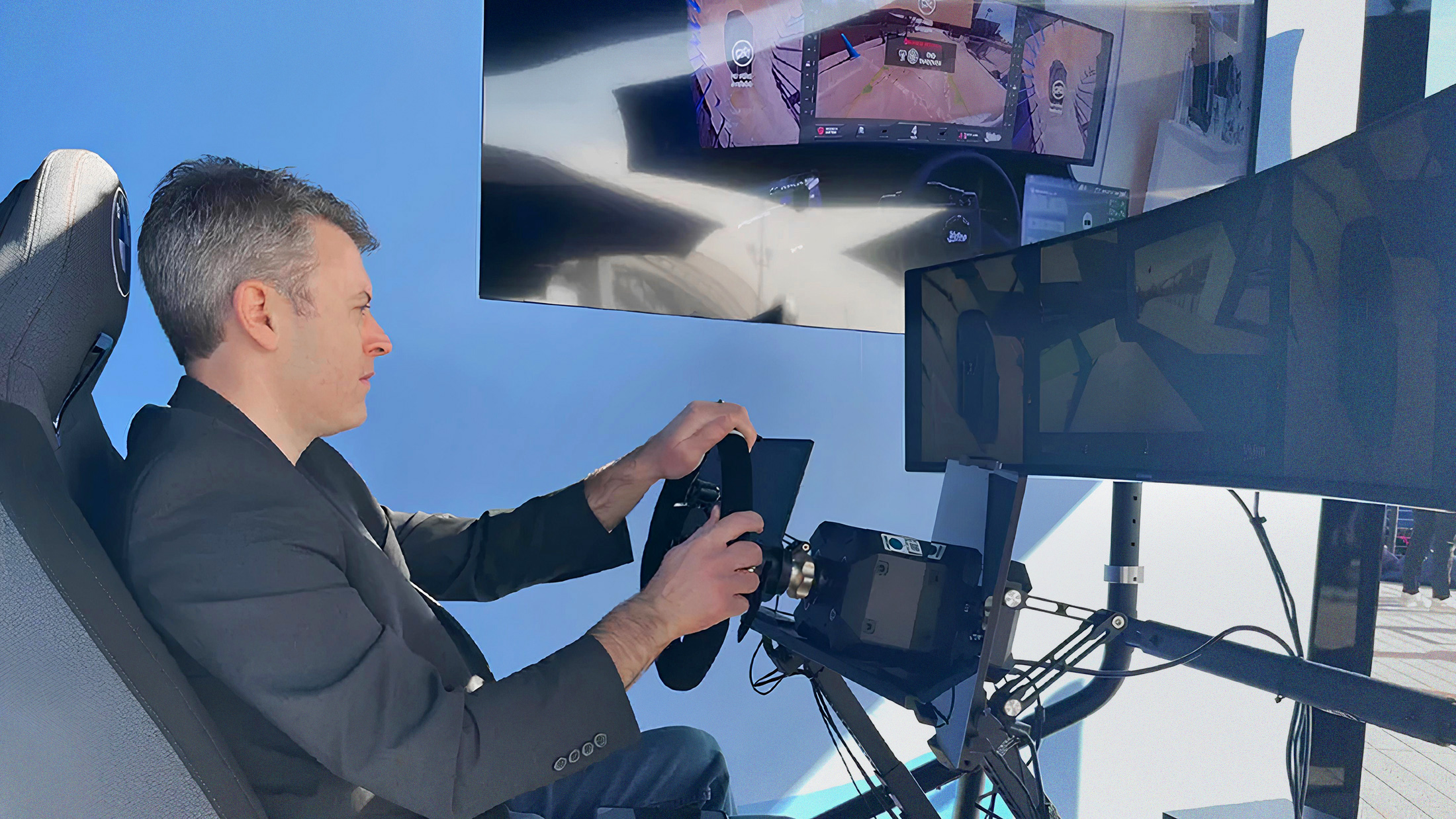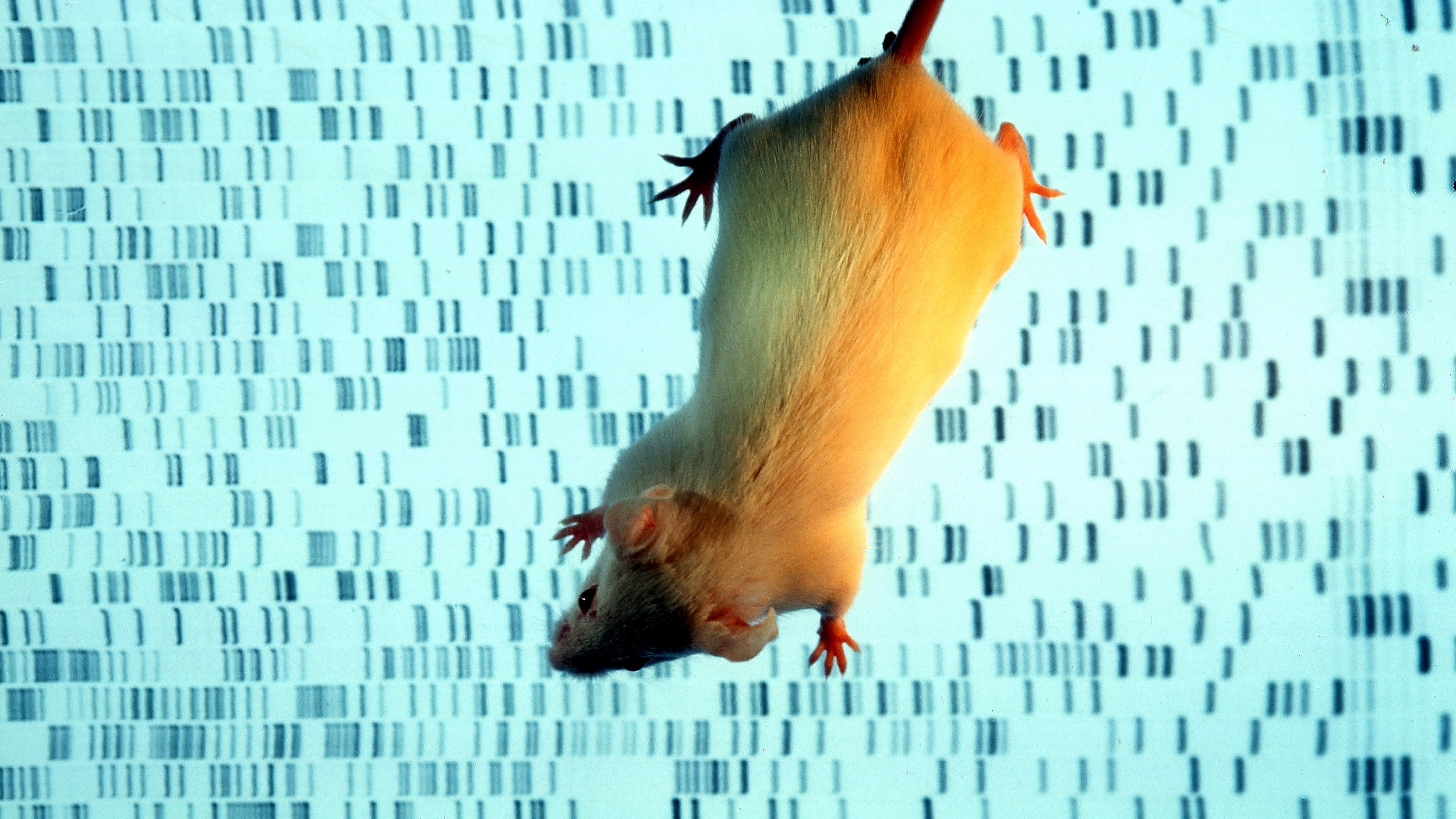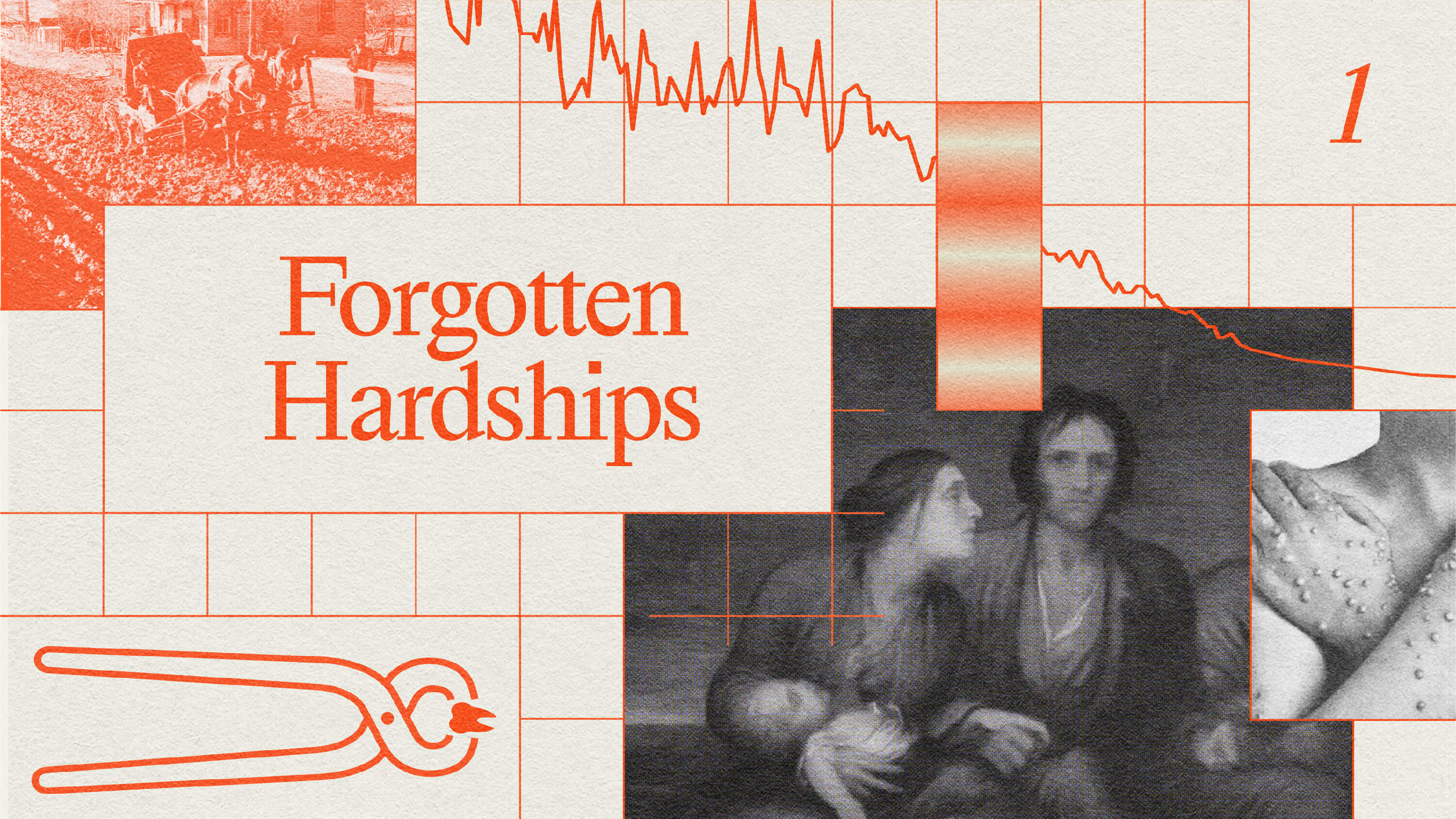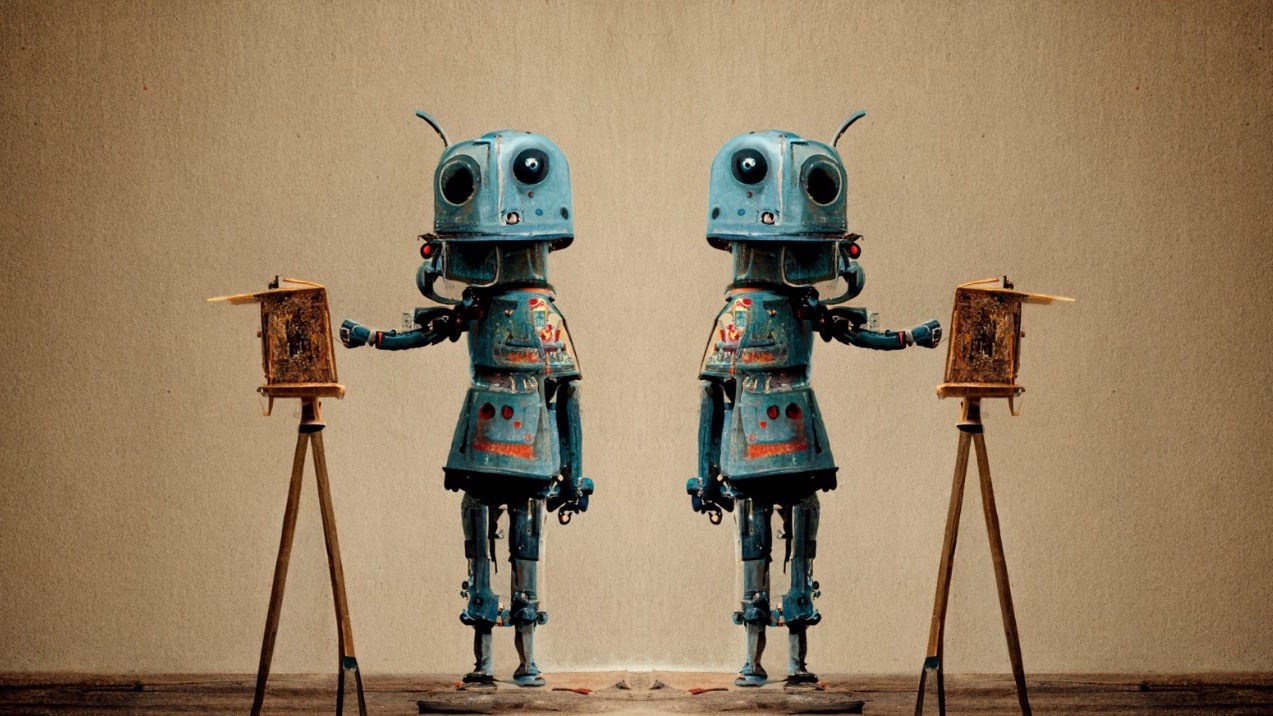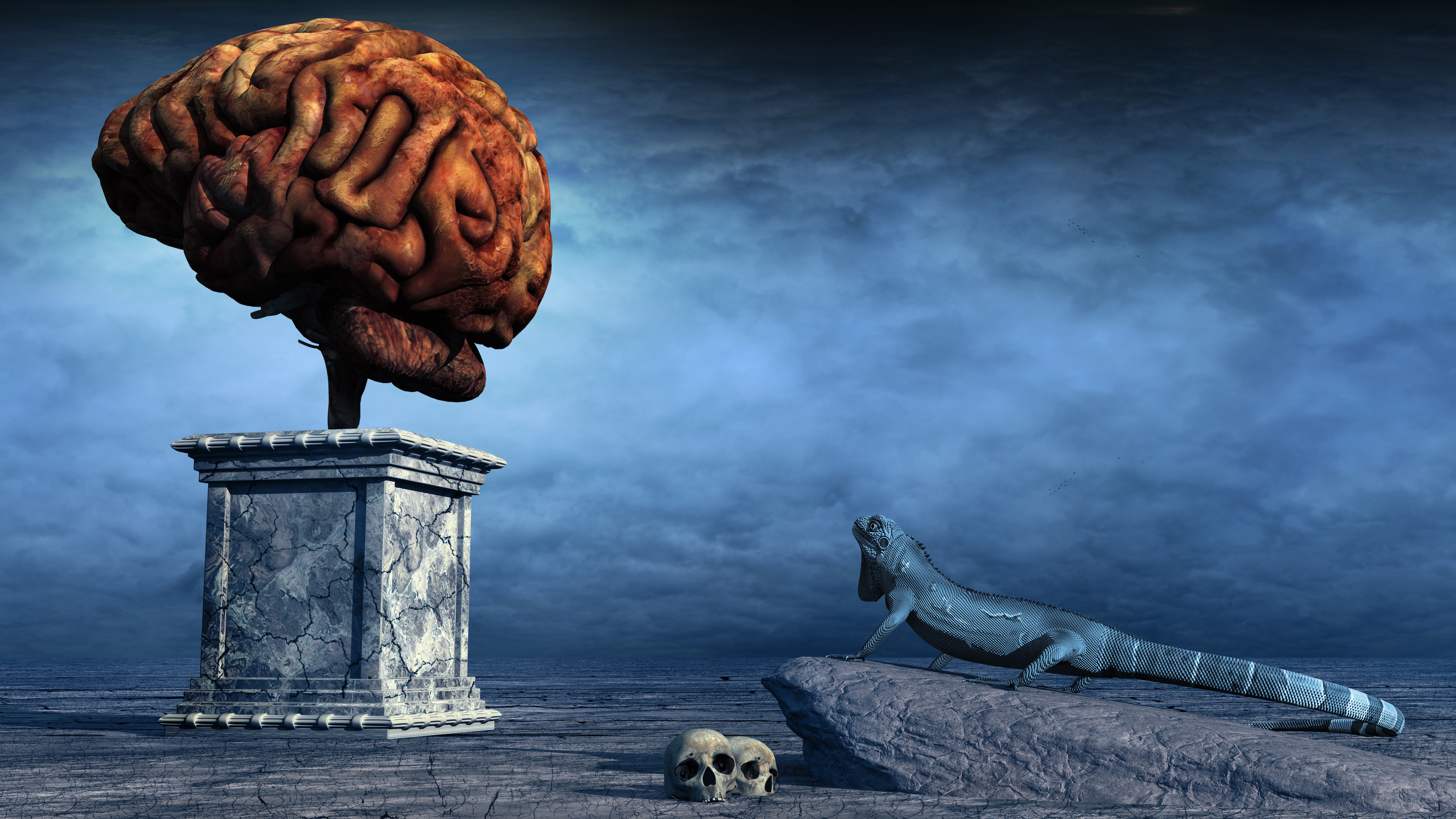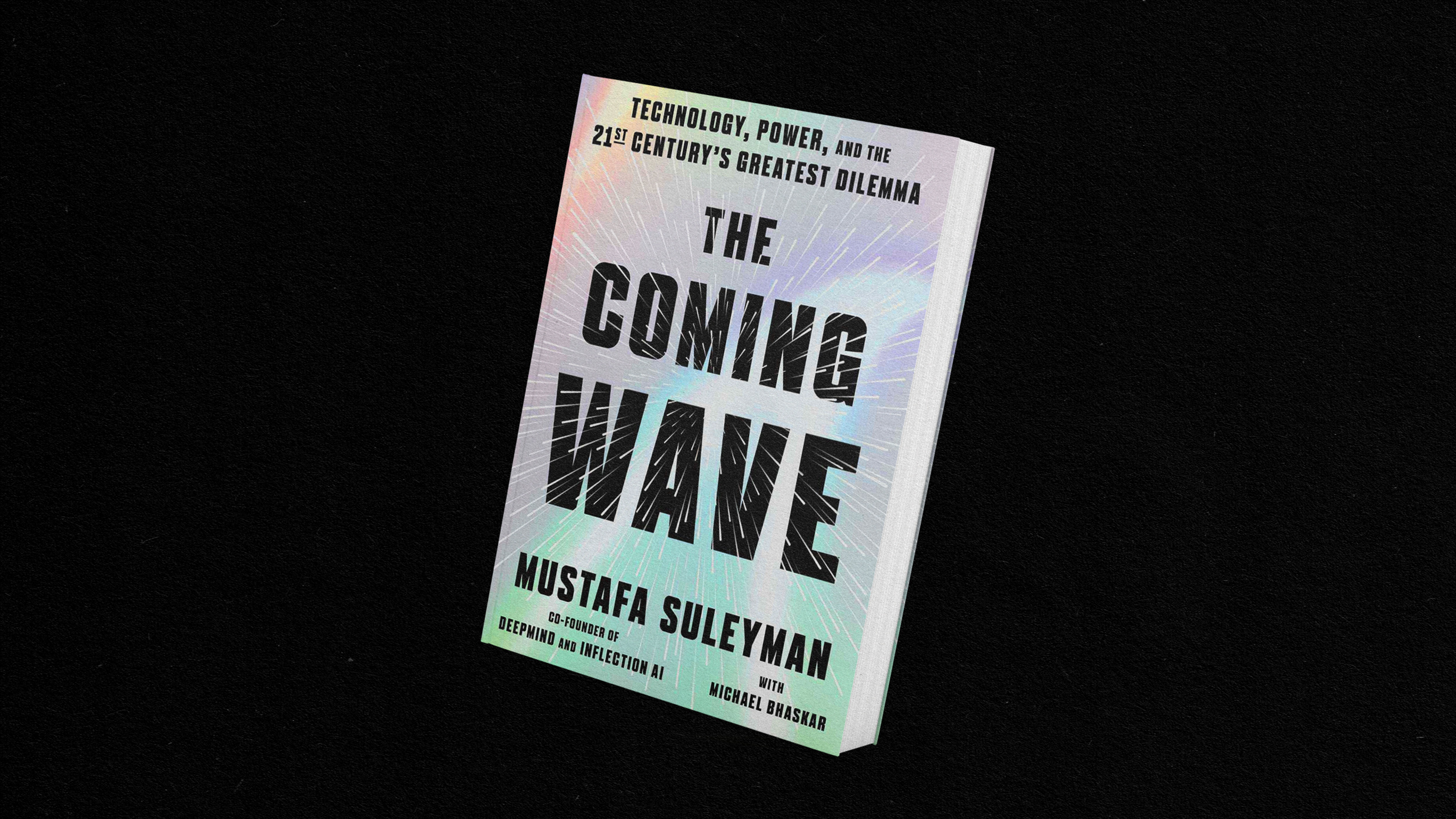Are people are more likely to act less emotionally and more rationally when speaking their second language?
Search Results
You searched for: Systems
An average undergraduate student in physics is better than the AI.
The Mayan calendar is revered for its impeccable accuracy. Now, a recent excavation in Guatemala reveals how the system developed over time.
Quantum computing brings significant opportunities — but equally significant cybersecurity risks.
The answer is set to change in the year 2113, a recent estimate suggests.
In a guest essay for Big Think Business, Pedro Franceschi — co-founder and co-CEO of Brex — explains why deftly navigating between vision and details is crucial for successful leaders.
Welcome to The Nightcrawler — a weekly newsletter from Eric Markowitz covering tech, innovation, and long-term thinking.
BMW found it’s possible to remote-drive vehicles using available technology. All it takes is some software updates and a cellular network connection.
The study is a solid step toward developing gene therapies against neurodevelopmental disorders.
Innovative thinking has done away with problems that long dogged the electric devices — and both scientists and environmentalists are excited about the possibilities.
The best evidence for dark matter is astrophysical and indirect. Do new lensing observations point to ultra-light, wave-like dark matter?
Lab-grown meat may work better as a complement to animal agriculture rather than a replacement of it.
9 minutes of cruel history may cure the anti-progress delusion.
We don’t know what causes Miyake events, but these great surges of energy can help us understand the past — while posing a threat to our future.
The outrage machine is fueled by toxicity. But there are practical steps that we can take to recapture control over our emotions.
A study of spinal development took a strange turn and made a surprise discovery.
Who should be compensated?
In a psychedelic state, the relationship between your “narrative” and “minimal” selves seems to transform in unique ways.
The sharpest optical images, for now, come from the Hubble Space Telescope. A ground-based technique can make images over 100 times sharper.
Plato and Carl Sagan were wrong about the human brain, says a top neuroscientist.
▸
7 min
—
with
Moral dilemmas reveal the limitations of ethical principles. Oddly, the most principled belief system might not have any principles at all.
The problem with today’s AI isn’t it thinking for itself; it’s the tech telling humans whatever we want to hear.
Mindfulness may be especially useful for gaining more control of your impulses to spend.
Technology goes in directions we can never predict — so we must be prepared to limit the spread of unintended consequences.
If stars don’t go supernova at first, they can get a second chance after becoming a white dwarf. But can their companions survive?
This small phase 1 study suggests that CRISPR-engineered T cells are safe and potentially effective, but there is a long way to go.
There’s an entire Universe out there. So, with all that space, all those planets, and all those chances at life, why do we all live here?
Saturn’s Iapetus, discovered way back in 1671, has three bizarre features that science still can’t fully explain.







